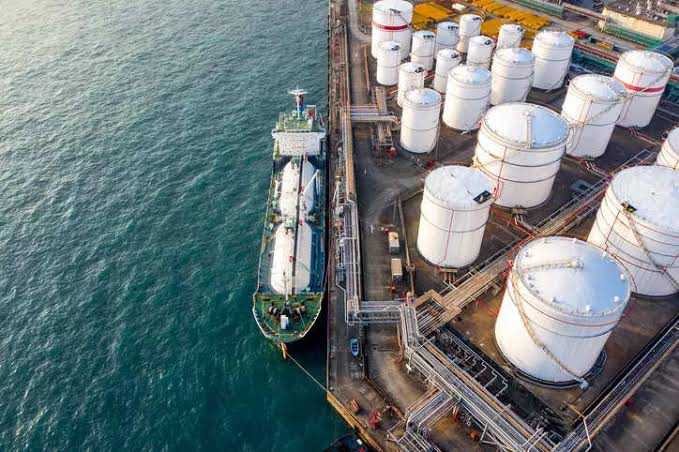Russia, a leading global energy exporter, has been forced to take the unusual step of importing gasoline from neighboring Belarus. This comes amid ongoing repairs at several Russian refineries following drone attacks earlier this year.
Typically, Russia supplies fuel to international markets, but these unforeseen disruptions have upended their usual operations. To ensure sufficient fuel for the domestic market, Russia banned gasoline exports in early March.
Belarus Emerges as a Short-Term Solution
Belarus, which borders Russia to the northwest, has become a vital stopgap measure. While Russia does occasionally import small quantities of fuel from Belarus, this is a significant increase from their typical trade relationship. In the first half of March alone, Russia imported nearly 3,000 metric tons of gasoline from Belarus. This marks a sharp contrast to February’s mere 590 tons and zero imports in January.
Discussions are reportedly underway between the two governments and oil companies to determine the feasibility of further imports. However, securing additional supplies from Belarus may prove challenging. Belarus prioritizes exporting its fuel to international markets through long-standing transit agreements with Russia.
Uncertainty Surrounds Long-Term Impact
The exact amount of gasoline Russia will require from Belarus hinges on the completion timelines for repairs at the domestic refineries. Industry sources suggest Russia may offer Belarus additional crude oil supplies in exchange for refined gasoline products.
Both Belarus’s Naftan and Mozyr refineries have a capacity of 12 million tons per year, but they typically operate below capacity, processing around 9 million tons annually. Whether Belarus can significantly boost production to meet Russia’s needs remains unclear, with some experts citing technical limitations.
Officials from Russia’s Energy Ministry and Belarus’s state-owned oil company Belneftekhim declined to comment on the situation. Major Russian oil companies Rosneft, Lukoil, Tatneft, and Gazpromneft, all of which supply Belarus with oil and operate gas stations there, have also remained silent on the issue.
While the full extent of the situation remains to be seen, Russia’s reliance on Belarus for gasoline underscores potential vulnerabilities within its domestic supply chain. The drone attacks serve as a stark reminder of the risks associated with geopolitical tensions and their ripple effects on global energy markets.
Source: Reuters



